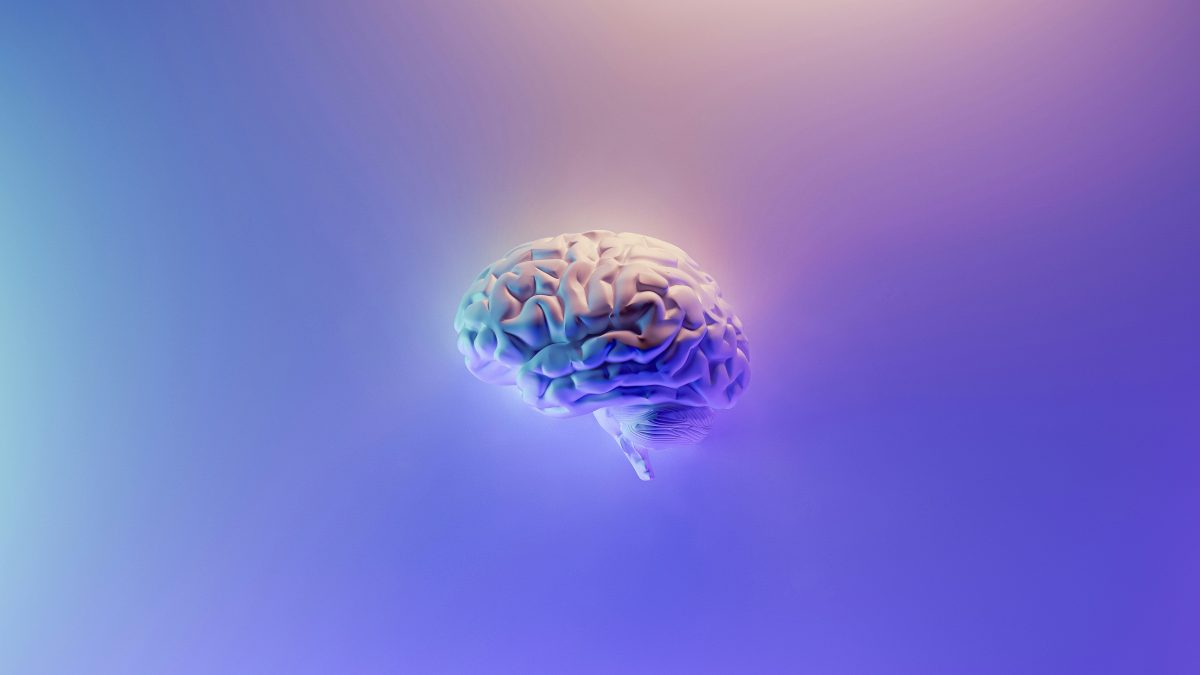
Understanding the Brain: What It’s Made Of and the Role of Cholesterol in Brain Health
The human brain is a marvel of biology—a complex organ that governs our thoughts, emotions, movements, and memories. Understanding what the brain is made of and why certain nutrients, like cholesterol, are essential for its function can help us appreciate its incredible capabilities and care for it properly.
What Is the Brain Made Of?
The brain is a highly specialized organ made up of multiple components, each contributing to its functionality. Here’s a breakdown of its composition:
- Water (About 75%)
- The brain is mostly water, which is crucial for maintaining cell health, electrical conductivity, and nutrient transport. Dehydration can significantly impair brain function.
- Fats (About 60%)
- The brain is one of the fattiest organs in the body, with a large portion of its mass made up of lipids.
- Myelin, the insulating layer around neurons, is particularly rich in fats, ensuring rapid and efficient signal transmission.
- Proteins and Amino Acids
- Proteins provide structure and enable various biochemical reactions. Amino acids, the building blocks of proteins, act as neurotransmitters or their precursors, influencing mood, focus, and energy.
- Carbohydrates (Glucose)
- The brain relies on glucose as its primary energy source. While it represents only 2% of body weight, it consumes about 20% of the body’s total energy.
- Micronutrients
- Vitamins (e.g., B-complex, E) and minerals (e.g., magnesium, zinc, and iron) are critical for enzymatic reactions, nerve signaling, and protection against oxidative stress.
- Cholesterol
- Cholesterol is an essential structural component of brain cells, accounting for about 25% of the body’s total cholesterol. It’s a cornerstone of brain health, supporting functions we’ll explore below.
Why Does the Brain Need Cholesterol?
For years, cholesterol has been misunderstood as a dietary villain. However, it plays a vital role in brain health. Here’s why:
- Structural Integrity
- Cholesterol is a key component of cell membranes, helping maintain their fluidity and stability. In neurons, cholesterol supports the formation and function of synapses, where nerve cells communicate.
- Myelin Production
- Cholesterol is a major building block of myelin, the protective sheath around nerve fibers. Myelin ensures fast and efficient transmission of electrical signals across the nervous system. Without enough cholesterol, communication between neurons slows down, affecting cognition and motor function.
- Hormone Production
- Cholesterol is a precursor to essential hormones like estrogen, testosterone, and cortisol, which influence mood, stress response, and overall brain function.
- Synapse Formation and Plasticity
- Cholesterol is essential for the formation of new synapses, a process critical for learning, memory, and adapting to new experiences.
- Antioxidant Protection
- Cholesterol in the brain helps combat oxidative stress, which is a major contributor to neurodegenerative diseases like Alzheimer’s.
The Link Between Diet, Cholesterol, and Brain Health
Why Dietary Cholesterol Matters
While the body can produce its own cholesterol, dietary sources can support optimal levels, especially as we age. Here’s why:
- Aging Reduces Production
- The body’s ability to produce cholesterol declines with age, making dietary cholesterol more important for maintaining brain health.
- Brain and Blood Cholesterol Are Separate
- Cholesterol in the blood doesn’t directly cross the blood-brain barrier, but dietary cholesterol indirectly influences overall health, impacting the brain’s functioning.
Cholesterol and Brain Health Myths Debunked
Myth: Cholesterol is bad for the brain.
Fact: Cholesterol is essential for the brain’s development and maintenance.
Low cholesterol levels have been linked to cognitive decline, depression, and an increased risk of neurodegenerative diseases.
Myth: Eating cholesterol-rich foods is harmful.
Fact: In healthy individuals, dietary cholesterol has minimal impact on blood cholesterol levels because the body regulates its own production.
Myth: All cholesterol is the same.
Fact: Cholesterol comes in two main forms:
- HDL (“good” cholesterol): Helps transport cholesterol to the liver for disposal and reduces inflammation.
- LDL (“bad” cholesterol): High levels can contribute to artery blockage.
Balance is key, and dietary choices can support healthy cholesterol levels.
Cholesterol-Rich Foods for Brain Health
Incorporating these cholesterol-friendly foods into your diet can help support brain health without compromising heart health:
- Eggs
- A rich source of choline, which supports neurotransmitter production.
- Fatty Fish
- Contains omega-3 fatty acids and cholesterol for brain and heart health.
- Dairy Products
- Full-fat options like cheese and yogurt offer healthy fats and cholesterol.
- Meat and Organ Meats
- Liver is particularly high in cholesterol and packed with nutrients like vitamin A and iron.
- Shellfish
- Foods like shrimp and crab are cholesterol-rich and nutrient-dense.
How to Keep Your Brain and Cholesterol in Balance
- Choose Healthy Fats
- Incorporate unsaturated fats from sources like avocados, nuts, and olive oil.
- Avoid Trans Fats
- Found in processed and fried foods, trans fats can harm brain and heart health.
- Stay Active
- Regular physical activity helps maintain healthy cholesterol levels and supports cognitive function.
- Focus on Antioxidants
- Include foods rich in vitamins C and E to combat oxidative stress in the brain.
Final Thoughts
The brain is a fatty, water-rich organ that thrives on balanced nutrition, including cholesterol. Far from being harmful, cholesterol is a cornerstone of brain health, supporting everything from memory to neuron communication. By eating a diet rich in healthy fats and cholesterol, you’re not only fueling your body but also giving your brain the nutrients it needs to perform at its best.











